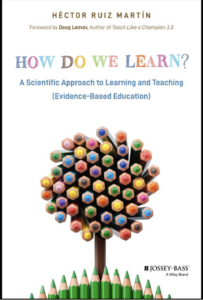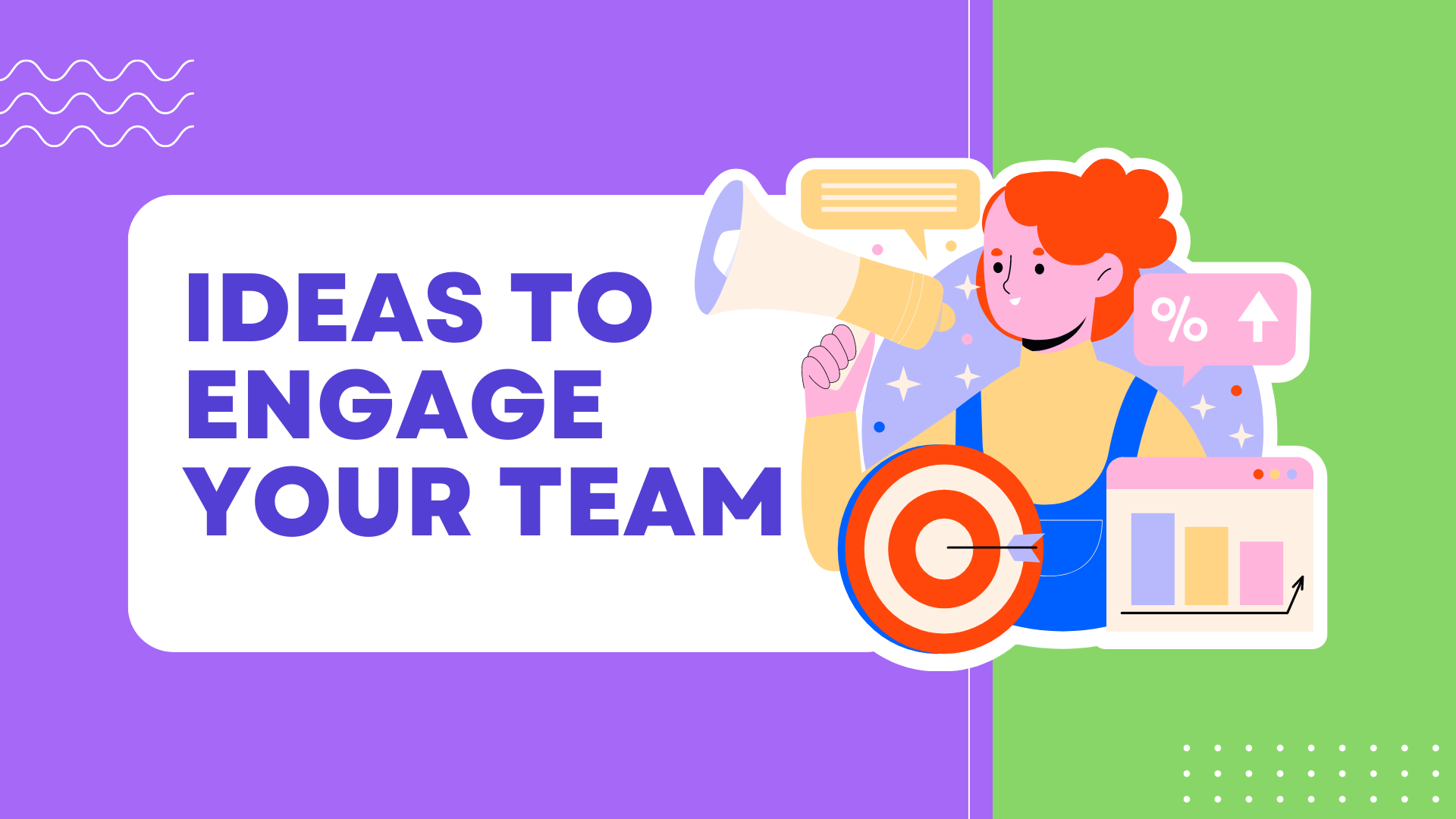Want to enable this
for your team?
Book a personalized demo Book a demo
Reach Out Us
How people learn, how AI can help?
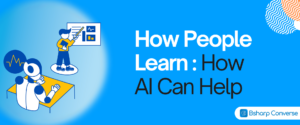
How people learn, how AI can help?

How People Learn and How AI Can Help
How People Learn and How AI Can Help
Learning has been important through all eras—from radio to PCs and mobiles, and now, AI. AI has the potential to transform learning by personalizing it to suit each individual’s needs. To see how AI can help, we first need to understand how humans learn. This blog explores five neuroscience concepts and their implications for AI.
1. Levels of Detail

1. Levels of Detail

Concept
Think of a ₹100 note. You can picture it, but you might not recall every detail. Our brain doesn’t store all details. Instead, it connects ideas to form a bigger picture. This is how we understand the world—by linking concepts rather than focusing on tiny details.
Implication for AI
AI can help learners connect ideas and avoid overwhelming them with too many specifics. It can guide them to focus on what matters and fill in details as they go, making learning easier and more meaningful. Additionally, AI-powered chatbots can allow users to access specific details on demand. Instead of relying on memory, learners can ask for the information they need, when they need it, ensuring clarity and reducing cognitive overload.
2. Prior Knowledge
2. Prior Knowledge


Concept
What you already know helps you learn new things. For example, a cricket fan can easily understand a match summary because it connects to their knowledge of the game. However, the same person might struggle to understand a summary of an ice hockey match if they lack prior knowledge of the sport. Prior knowledge creates a foundation for learning.
Implication for AI
AI can assess a learner’s prior knowledge by asking targeted questions. Based on their answers, it can adjust the content to suit their understanding. This helps build on what the learner already knows, making the learning process smoother and more effective.
3. Knowledge as Blocks
3. Knowledge as Blocks
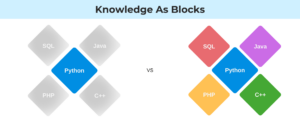
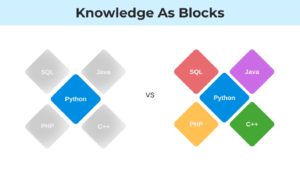
Concept
Our brains organize knowledge into blocks. If you focus deeply on one block, you can master it. For instance, a student who focuses only on Python programming will become proficient faster than someone trying to learn multiple programming languages at the same time. Depth in one area improves competence.
Implication for AI
AI can identify the block of knowledge a learner is working on and help them develop skills within it. For example, someone learning to create websites with WordPress can focus on mastering that skill before moving to related tools like Shopify. By progressing from one block to the next, learners can build a strong and connected foundation of knowledge.
4. Retrieval Practice
4. Retrieval Practice
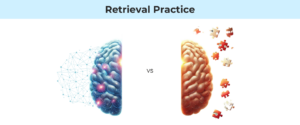
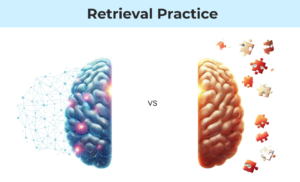
Concept
Recalling what you’ve learned strengthens memory. Instead of just reading or highlighting notes, actively trying to recall information and writing it down helps connect it to your existing knowledge. Revisiting the material after a few days or weeks—delayed retrieval—reinforces it even further.
Implication for AI
AI can use retrieval practice to help learners retain information. It can ask questions or present tasks at regular intervals to reinforce learning. For example, after a student learns a concept, the AI can schedule follow-up questions a few days later to strengthen their memory. This approach makes the learning stick for longer.
5. Active Learning
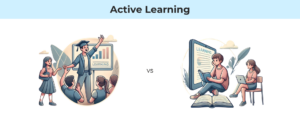
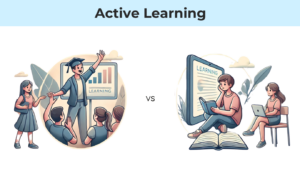
5. Active Learning
Concept
Learning is more effective when you actively engage with the material. Thinking about, applying, or teaching what you’ve learned helps embed the knowledge in your mind. Active engagement makes learning deeper and longer-lasting.
Implication for AI
AI can act as a coach, encouraging learners to think, apply, or discuss what they’ve learned. It can monitor their progress and adjust the difficulty of tasks based on their confidence. By introducing challenges that are slightly harder (a technique called desirable difficulty), AI can help learners push their limits and grow steadily.
Conclusion
Conclusion
By understanding how people learn, we can design AI systems that make learning smarter and more personal. AI can connect ideas, build on prior knowledge, focus on specific blocks, use retrieval practice, and encourage active engagement. These strategies help learners understand better, retain more, and grow faster.
If you’re interested in exploring these ideas further, reach out to us. We’d be happy to discuss how AI can reshape learning for you and your team.
Want to know more?
Check out this wonderful book: How Do We Learn? By Hector Ruiz Martin.
